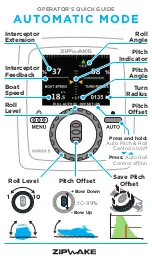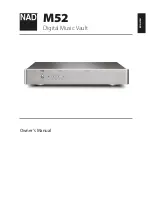
7. Life phases
61
D
e
u
ts
ch
E
n
g
li
sh
7.10 Maintenance
7.10.1 Electric cylinder maintenance
The electric cylinder generally does not require servicing, but it is not exempt from wear and tear.
In other words, if there is excessive wear or you fail to exchange worn-out product components,
the safety of the product may no longer be guaranteed.
All work with the electric cylinder may only be carried out in accordance with these instructions.
The device may only be opened by authorized specialist personnel. If there is a fault with the
drive, we recommend that you contact the manufacturer or send the drive for repair.
•
When working on the electrics or the electrical elements, they must be first disconnected from
the supply to prevent any risk of injury.
•
Unauthorised modifications or changes to the electric cylinder are not permitted for safety
reasons.
•
Safety-related equipment must be checked on a regular basis, however, at least once a year
for completeness and function.
•
In case of unusual noise development, the electric cylinder must be taken out of use
immediately.
7.10.2 Maintenance of the hand switch
Hand switches do not require any maintenance. You may only work on hand switches in
accordance with these instructions. The actions described in the assembly instructions are to be
observed. If there is a fault with the unit, we recommend that you contact the manufacturer or
send the unit for repair.
7.11 Cleaning
You can clean the hand switch and the outside surface of the electric cylinder's profile using a lint-
free, clean cloth.
7.12 Disposal and return
The electric cylinder must either be disposed of in accordance with the applicable regulations and
guidelines, or returned to the manufacturer.
The electric cylinder contains electronic components, cable, metals, plastics etc. and is to be
disposed of in accordance with the applicable environmental regulations of the respective
country. In Germany, disposal is governed by the Elektro-G (RoHS) [Electrical Code] and in the
European Economic Area by EU Directive 2002/95/EC or the relevant national legislation.
Solvent-based cleaners will corrode the material and can damage it.


































